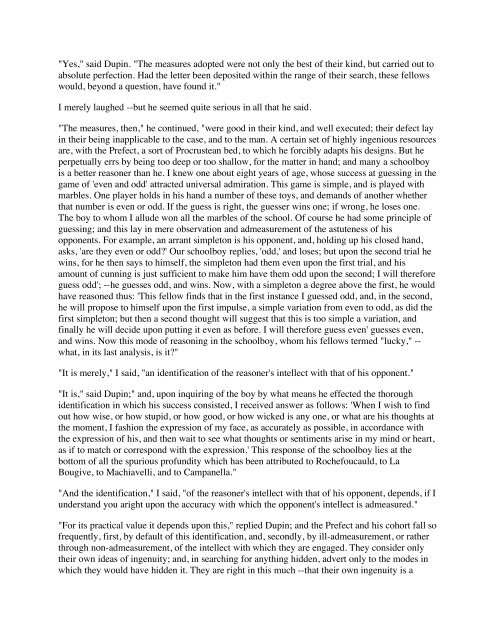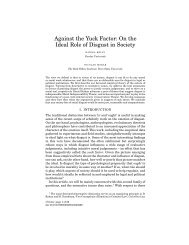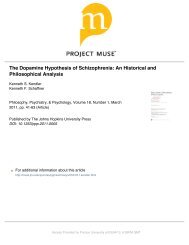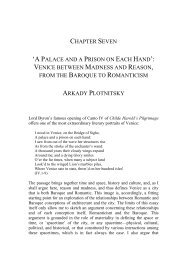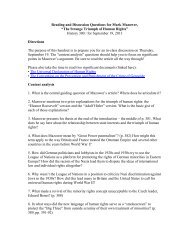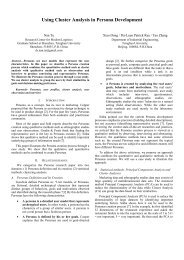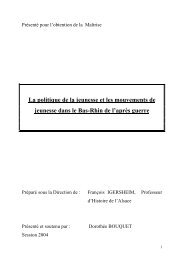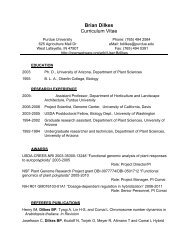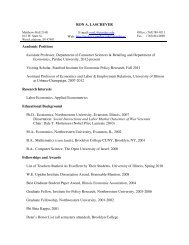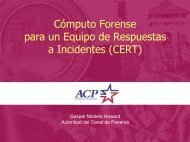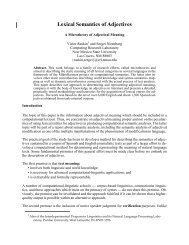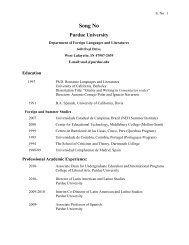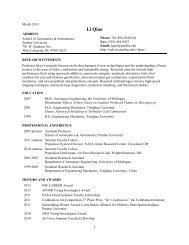THE PURLOINED LETTER - Career Account Web Pages
THE PURLOINED LETTER - Career Account Web Pages
THE PURLOINED LETTER - Career Account Web Pages
You also want an ePaper? Increase the reach of your titles
YUMPU automatically turns print PDFs into web optimized ePapers that Google loves.
"Yes," said Dupin. "The measures adopted were not only the best of their kind, but carried out to<br />
absolute perfection. Had the letter been deposited within the range of their search, these fellows<br />
would, beyond a question, have found it."<br />
I merely laughed --but he seemed quite serious in all that he said.<br />
"The measures, then," he continued, "were good in their kind, and well executed; their defect lay<br />
in their being inapplicable to the case, and to the man. A certain set of highly ingenious resources<br />
are, with the Prefect, a sort of Procrustean bed, to which he forcibly adapts his designs. But he<br />
perpetually errs by being too deep or too shallow, for the matter in hand; and many a schoolboy<br />
is a better reasoner than he. I knew one about eight years of age, whose success at guessing in the<br />
game of 'even and odd' attracted universal admiration. This game is simple, and is played with<br />
marbles. One player holds in his hand a number of these toys, and demands of another whether<br />
that number is even or odd. If the guess is right, the guesser wins one; if wrong, he loses one.<br />
The boy to whom I allude won all the marbles of the school. Of course he had some principle of<br />
guessing; and this lay in mere observation and admeasurement of the astuteness of his<br />
opponents. For example, an arrant simpleton is his opponent, and, holding up his closed hand,<br />
asks, 'are they even or odd?' Our schoolboy replies, 'odd,' and loses; but upon the second trial he<br />
wins, for he then says to himself, the simpleton had them even upon the first trial, and his<br />
amount of cunning is just sufficient to make him have them odd upon the second; I will therefore<br />
guess odd'; --he guesses odd, and wins. Now, with a simpleton a degree above the first, he would<br />
have reasoned thus: 'This fellow finds that in the first instance I guessed odd, and, in the second,<br />
he will propose to himself upon the first impulse, a simple variation from even to odd, as did the<br />
first simpleton; but then a second thought will suggest that this is too simple a variation, and<br />
finally he will decide upon putting it even as before. I will therefore guess even' guesses even,<br />
and wins. Now this mode of reasoning in the schoolboy, whom his fellows termed "lucky," -what,<br />
in its last analysis, is it?"<br />
"It is merely," I said, "an identification of the reasoner's intellect with that of his opponent."<br />
"It is," said Dupin;" and, upon inquiring of the boy by what means he effected the thorough<br />
identification in which his success consisted, I received answer as follows: 'When I wish to find<br />
out how wise, or how stupid, or how good, or how wicked is any one, or what are his thoughts at<br />
the moment, I fashion the expression of my face, as accurately as possible, in accordance with<br />
the expression of his, and then wait to see what thoughts or sentiments arise in my mind or heart,<br />
as if to match or correspond with the expression.' This response of the schoolboy lies at the<br />
bottom of all the spurious profundity which has been attributed to Rochefoucauld, to La<br />
Bougive, to Machiavelli, and to Campanella."<br />
"And the identification," I said, "of the reasoner's intellect with that of his opponent, depends, if I<br />
understand you aright upon the accuracy with which the opponent's intellect is admeasured."<br />
"For its practical value it depends upon this," replied Dupin; and the Prefect and his cohort fall so<br />
frequently, first, by default of this identification, and, secondly, by ill-admeasurement, or rather<br />
through non-admeasurement, of the intellect with which they are engaged. They consider only<br />
their own ideas of ingenuity; and, in searching for anything hidden, advert only to the modes in<br />
which they would have hidden it. They are right in this much --that their own ingenuity is a


